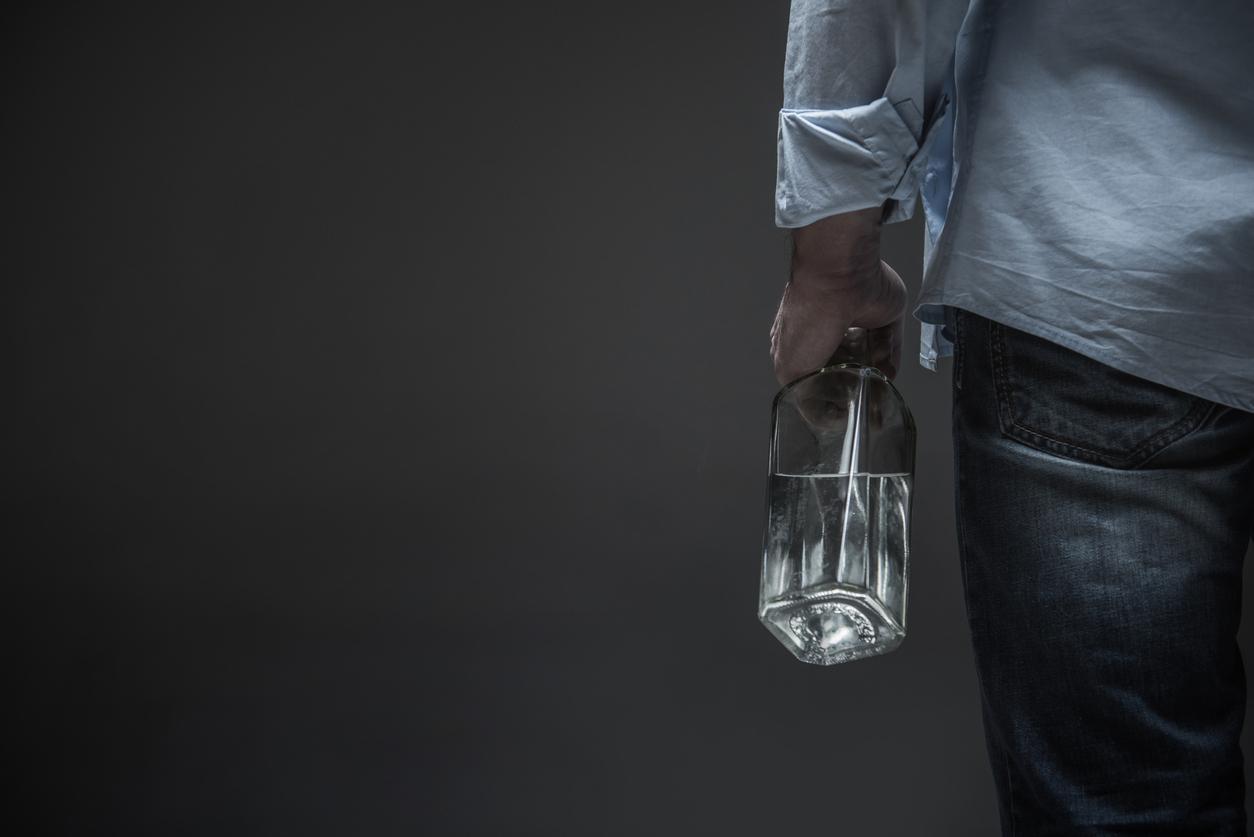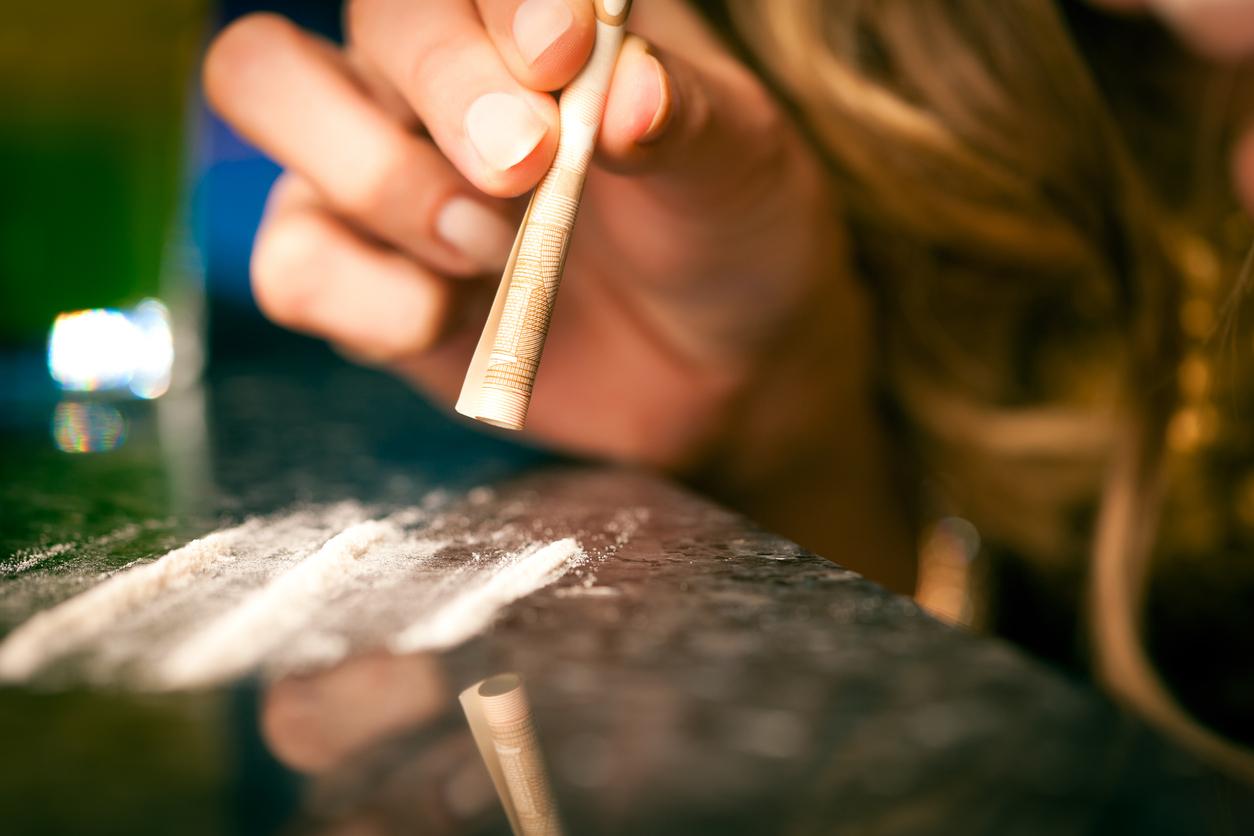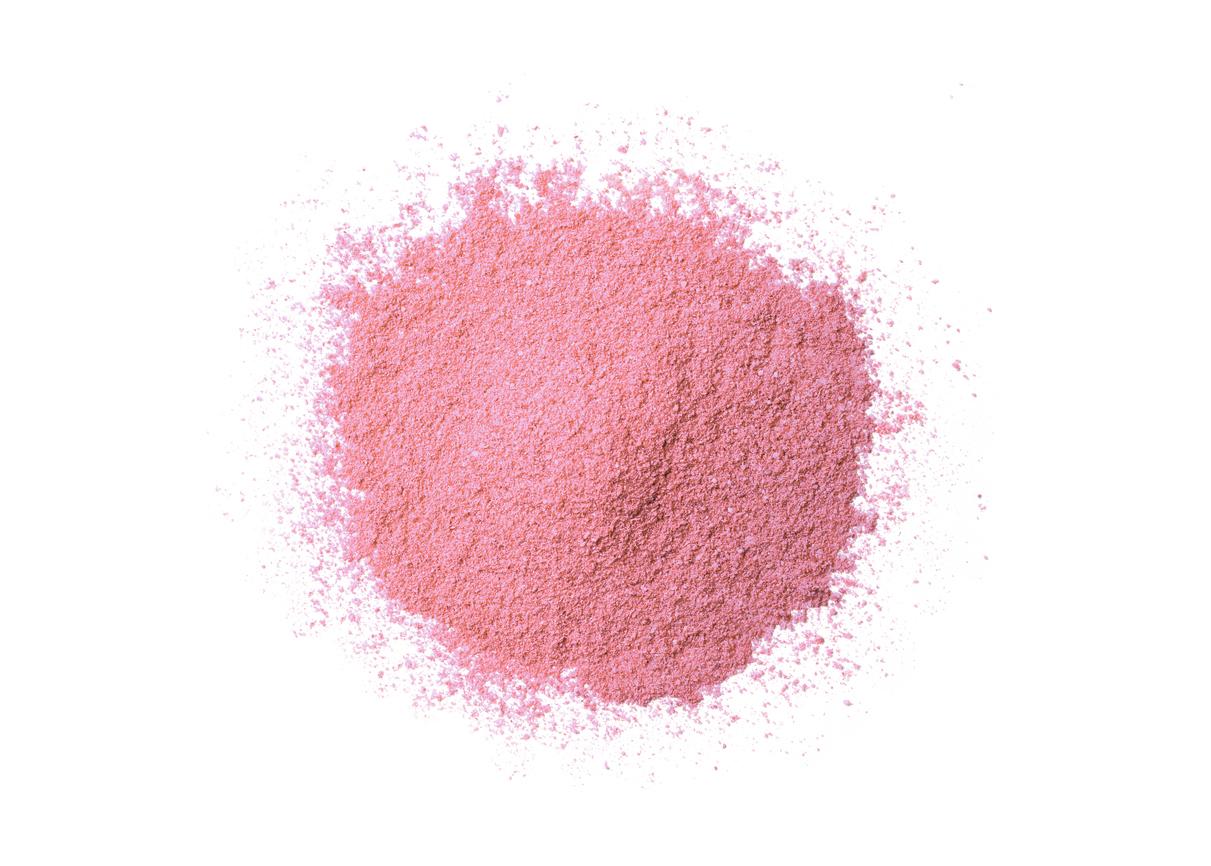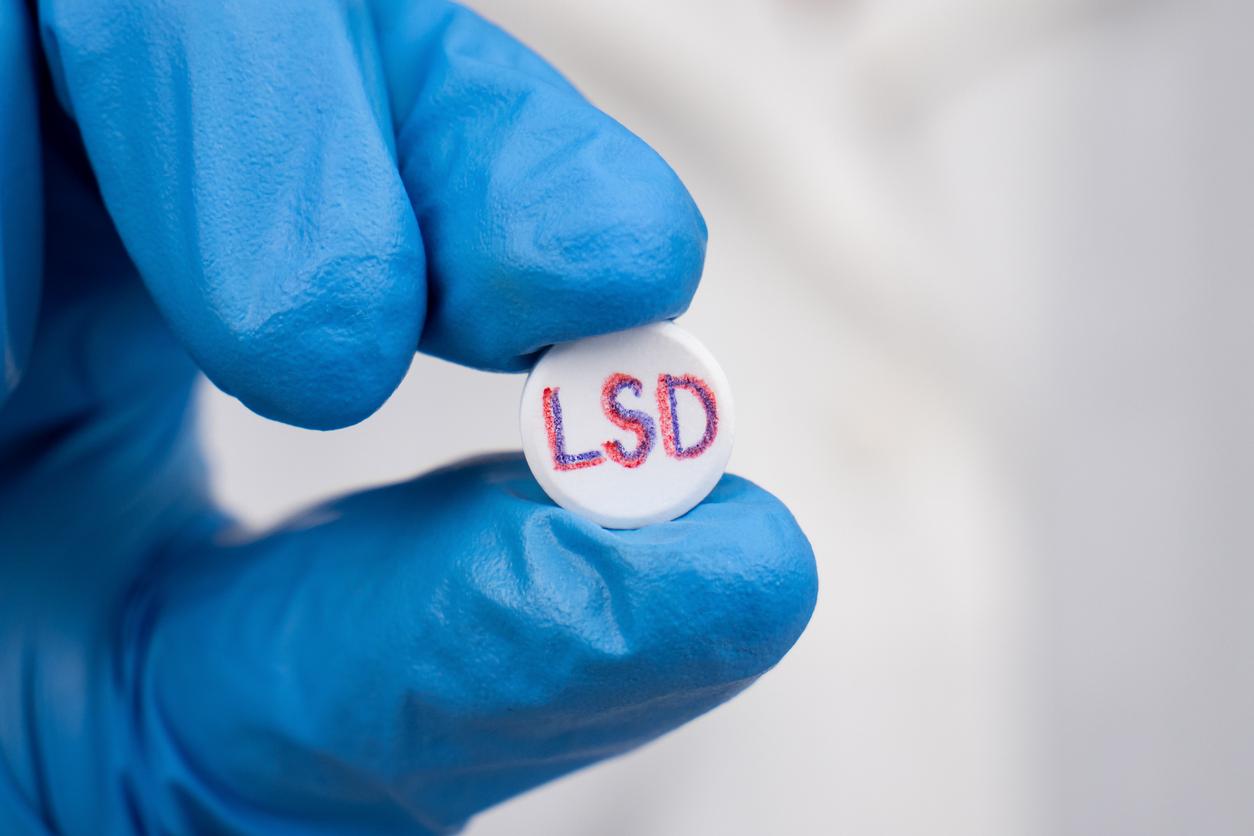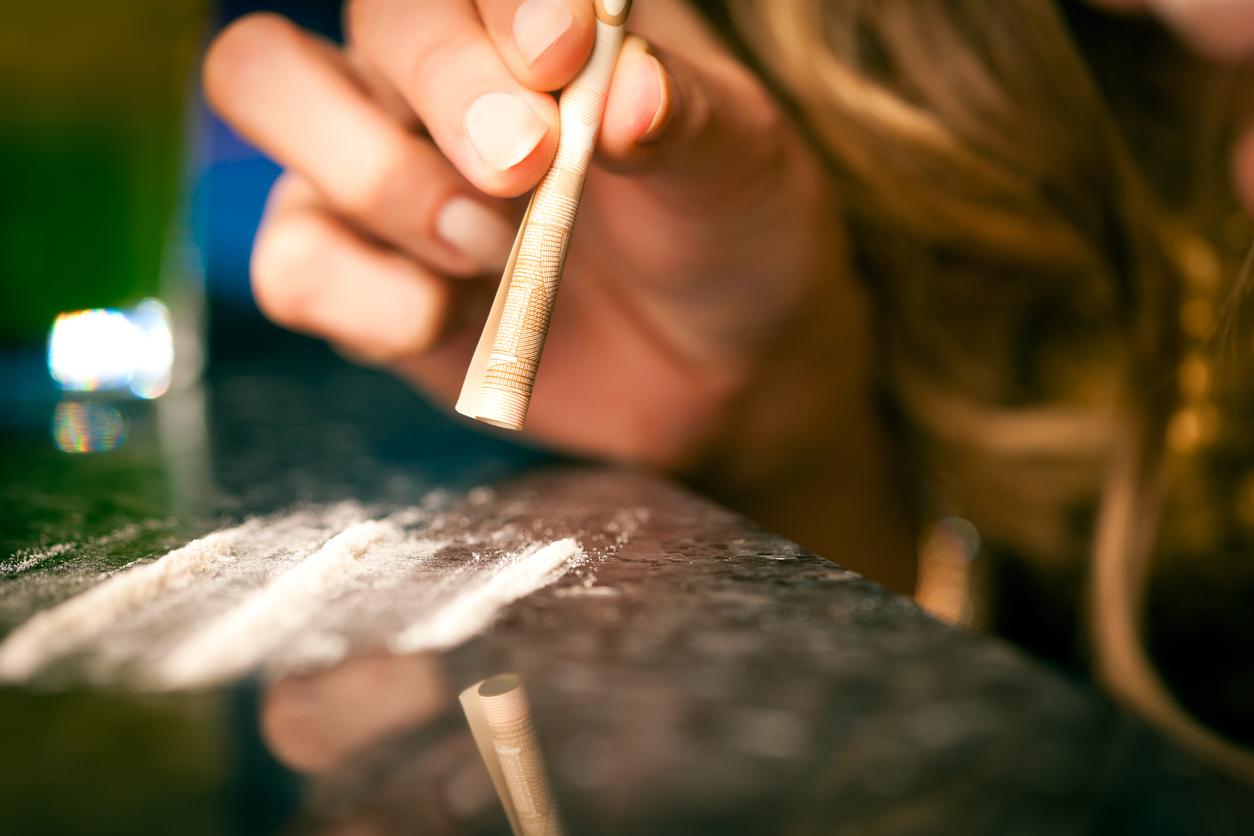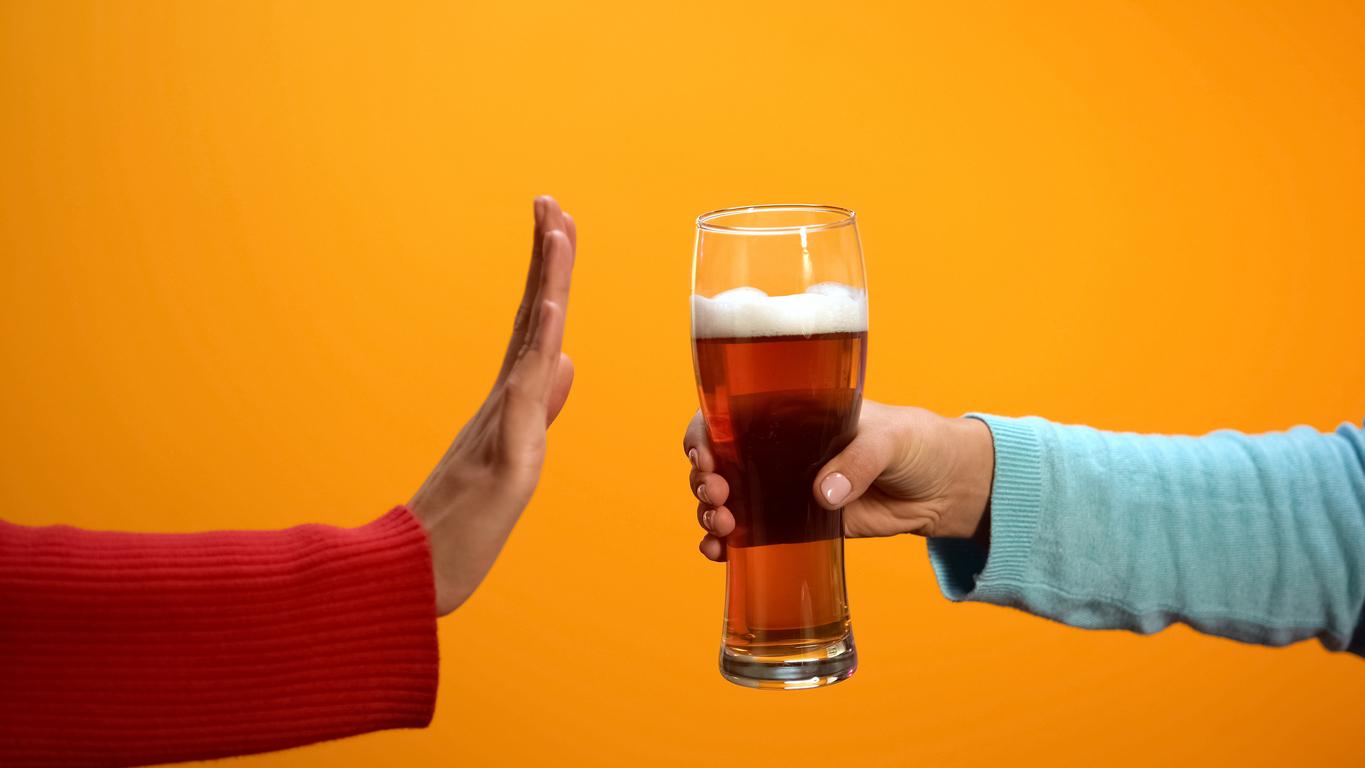Baclofen: promising results that remain to be confirmed
The first French article devoted to Professor Olivier Ameisen appeared in Top Santé in 2005. A cardiologist in New York, this doctor could not get out of the alcoholism that was destroying him. Until the day when he had the idea of experimenting on himself with a drug hitherto used in neurology: baclofen. Of course, aware that his recovery could not constitute proof, he called for the setting up of clinical trials to evaluate the effectiveness of this treatment.
“Already postponed several times, a test must be carried out in France. In the meantime, taking baclofen in alcohol-dependent patients remains discouraged by health authorities due to “the absence of robust efficacy data in this indication”.
However, things are moving. It was the publication of his book, translated in several countries, that sparked the movement. “Not a day goes by that I am not questioned by a doctor or a patient from the United States, Brazil, France or elsewhere, on how to deal with this drug”, says -he.
His discovery has already earned him the appointment of “professor of medicine” at a major American university. Several faculties, including the prestigious universities of Harvard (Boston) and Columbia (New York), now bring him in every year to give the inaugural lecture on addictions. And prominent American specialists have started prescribing baclofen to patients in whom usual treatments for alcoholism had failed. With results never seen before.
>> To read also: Alcohol: the younger you start, the more dependent you are
Baclofen: convinced doctors prescribe it
“I have been prescribing baclofen since October 2009 and I have had almost no success,” says Dr Annie Rapp, psychotherapist in Paris. Tired of treatments without lasting results in many alcoholics, this psychiatrist had stopped taking care of them. However, she has recovered since she read Professor Ameisen’s book and inquired about what to do next.
>> To discover also: Lintervention by Dr Rapp at a conference on baclofen
As with any medication, there are rules to follow: gradually increase the doses, endure side effects and guard against their consequences. No question of driving at the start of treatment. You should also allow time for rest in the afternoon, as the drug often causes significant drowsiness.
But what a reward when the urge to drink disappears! “I’m no longer interested, I drink the first glass, and the second, I leave it,” say the patients. “The treatment is most often followed on an outpatient basis, but hospitalization may be necessary in the event of associated psychiatric or medical problems”, underlines Dr Rapp, however. It cannot therefore be improvised.
Baclofen: patients become activists
If you can’t start alone, it’s not just because you need a prescription to get it! “Baclofen eliminates the” craving “(irresistible attraction to alcohol), but you have to be motivated, supported … And thereafter, there is often work to go up the slope,” says Dr Rapp. It is a very interesting product, but it is not a miracle drug.
Same story on the side of Dr Bernard Joussaume who, in response to the solemn appeal of Professor Ameisen in his book, created last January Aubes association (Association of baclofen users and supporters). Objective: “Bring together patients and caregivers to promote the use of medical monitoring to the detriment of self-medication. ” And that’s not all. “Since it seems that this product is not going to be tested, we have to move forward in a different way. So I set up this association of former treated alcoholics. When they will be thousands to be cured, it will weigh in demanding an official prescription authorization, ”hopes this field doctor from the south of France. This will undoubtedly help to better define the necessary doses, obviously very variable according to the patients.
>> Also to discover: our special file on alcoholism treatment
Baclofen: seminars to inform doctors
Finally, the Aubes association aims to inform doctors. Latest conference to date, the one organized in May 2011. Next conference to come, in May 2012.
Since the launch of the first debates in 2010, many doctors have been prescribing discreetly. “We have before us a disease that kills 40,000 people a year and a drug that has never killed anyone, even at the large doses that we use in this case. You have to use it, ”insists Dr. Joussaume.
For their part, patients manage by word of mouth, Internet forums and pharmacies to find doctors who agree to prescribe the drug. Funny situation, then! Especially since, for Professor Ameisen, who was giving a conference on Tuesday in the Cochin hospital, in Paris, and as we underline in the international press: “This is the first time in the history of medicine that a general public work changes the course of a disease! “
And it does not stop there since Professor Ameisen should open, within a few weeks, an addictology consultation at Cochin hospital.
Baclofen: how does it work?
Addiction is linked to certain neurotransmitters in the brain which also have an influence on anxiety. Baclofen, used for years as a muscle relaxant, is the only drug that acts on addiction and anxiety, and which stimulates a particular receptor, Gaba-b.
The latter also regulates a hormone that we produce naturally and which has a calming action. According to Professor Ameisen’s hypothesis, a deficiency of this hormone would cause anxiety, insomnia, depression… that the alcoholic relieves by drinking.
The anti-addiction effect of baclofen could therefore be explained by its action at this receptor.








